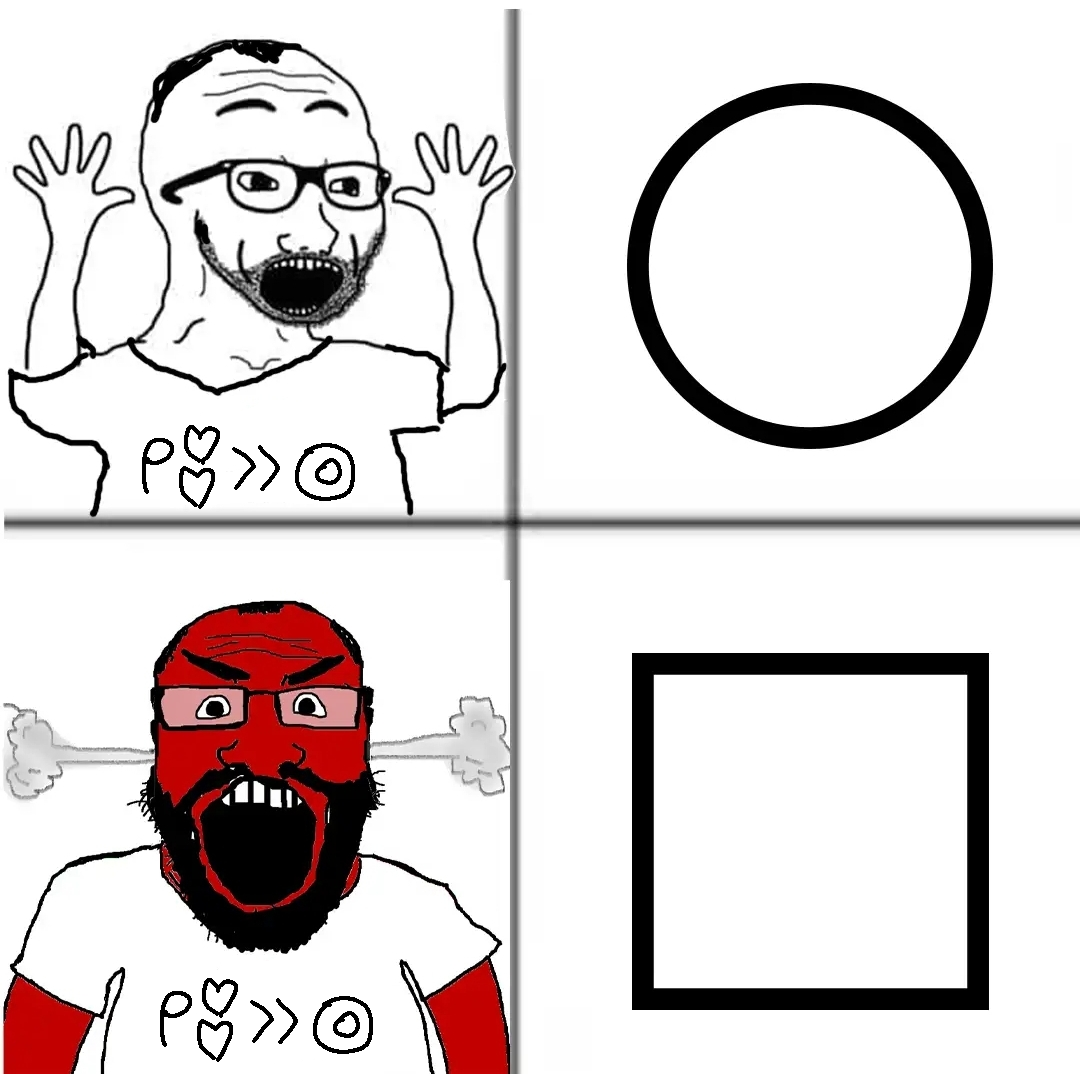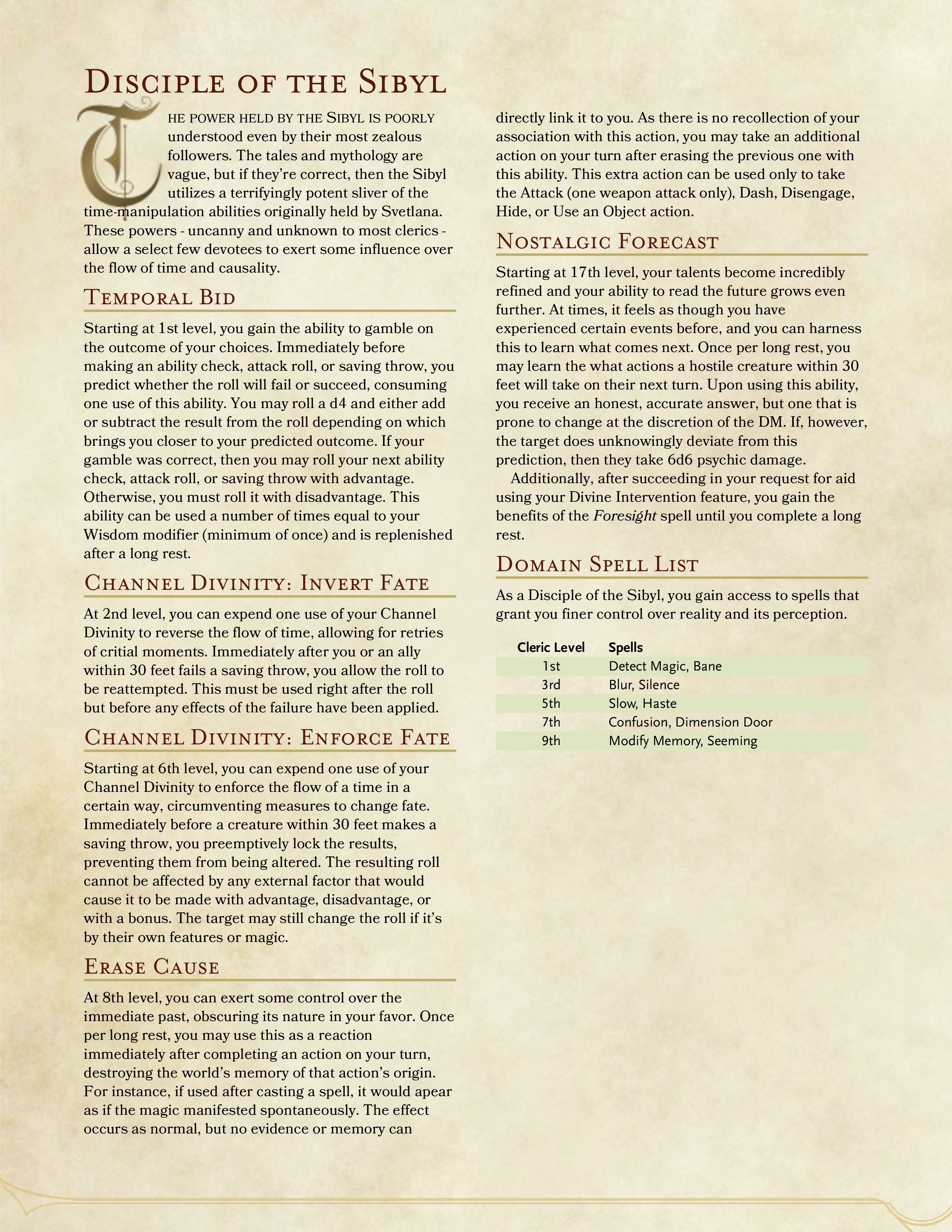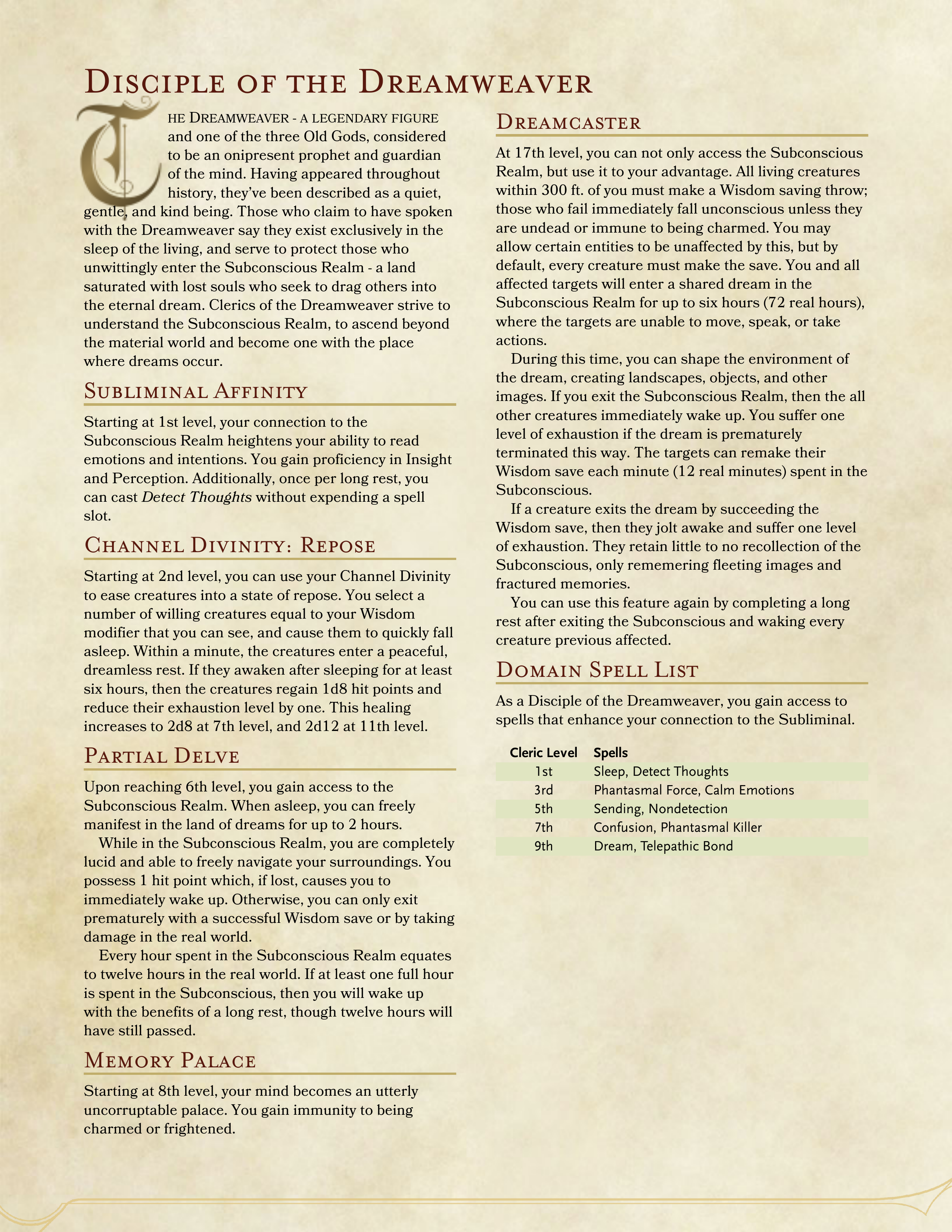i don't know it feels a little picky for you to only be happy with death or complete societal collapse
icosahedron
Hi there, gen Z person here. Things are bad but remember that, as always, you only see and hear about the vocal minority. No matter how poor American education standards are, it is irrefutable that Trumpism could not exist without idiots from all generations. The education paradigms we are emerging from cannot possibly be worse than those which produced tens of millions of conservatives and hundreds of millions of nonvoters. This is specifically because of those gen X leftists and millennial teachers you mentioned. We aren't competing as generations--failures of the past become the lessons of the present because older generations also have smart people. So how do you know gen Z won't do even better? Everything else aside, growing up under fascism creates widespread discontent. I'd say from personal knowledge that for every one gen Z kid that believes in the system are five who at least recognize it's broken.
Now, I won't pretend to be particularly optimistic either; things are bad. However, I also want to believe that we can and will do better. And maybe I'll be wrong, but at least I haven't given up hope.
works for me with protonvpn
how lovely. i've always hated corners
i tried this with a real version of gemini by editing its initial response with yes and asking it to continue. interesting response for sure

collabora doesn't provide a frontend and isn't meant to be a standalone document editor. the "ok" is expected behavior and indicates the server is functional. you need a different service that supports collabora integration, such as nextcloud. then you just enter the address of your server and it should work
that's why i ran every request in a different chat session
i was curious so i tried it with chatgpt. here are the chat links:
- first expansion
- first summary
- second expansion
- second summary
- third expansion
- third summary
- fourth expansion
- fourth summary
- fifth expansion
- fifth summary
- sixth expansion
- sixth summary
overall it didn't seem too bad. it sort of started focusing on the ecological and astrobiological side of the same topic but didn't completely drift. to be honest, i think it would have done a lot worse if i made the prompt less specific. if it was just "summarize this text" and "expand on these points" i think chatgpt would get very distracted
correct, but the part shown here is for a transposing instrument. it sounds a fifth lower than it is written. so though it is written as A and E, in concert pitch, these notes are actually D and A
it completely depends on context and interpretation. there isn't one correct way to play an accent, and you are correct that it doesn't explicitly mean to play louder. what you're describing as an accent is kind of like a fortepiano. similarly, what i described as an accent closely aligns with a sfortzando. point is, accents are vague and there isn't a correct way to play one. more specific styles aren't necessarily correct, and an interpretation is generally only made unambiguous with notation like the aforementioned fortepianos and sfortzandos








yeah i love doom eternal and you're completely right here. i think it's definitely more noticeable at higher difficulties, but the game absolutely demands a certain rhythm